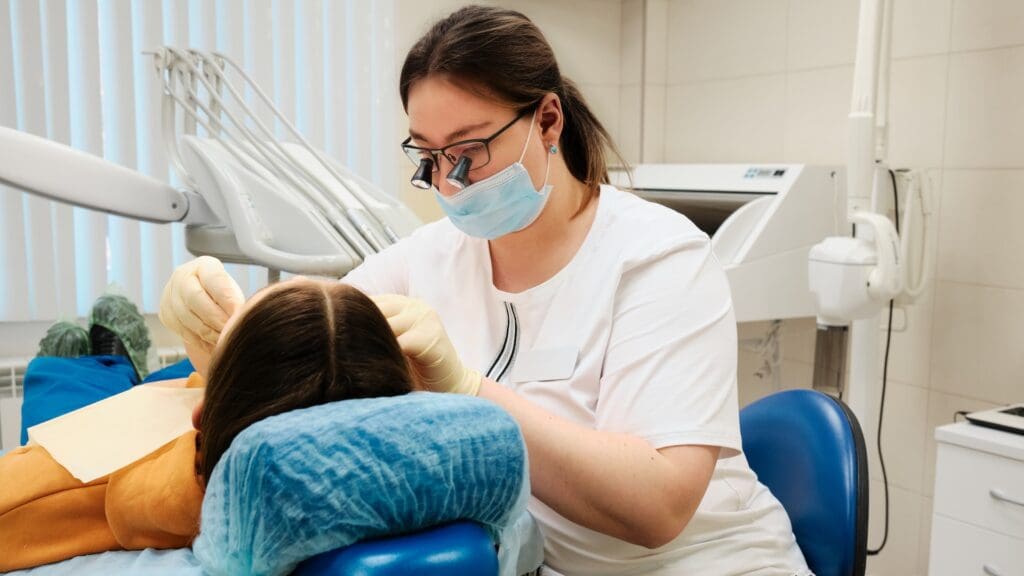Dental emergencies can be harrowing, but knowing what to do when they occur can help alleviate some of the stress. This is easier said than done, as most people aren’t prepared to handle these situations. This mostly stems from a lack of knowledge on how to handle these situations. To help you out, we will be discussing the four most common dental emergencies and what steps you should take when they happen.
1. Toothache
There are several reasons why someone may experience a toothache, such as tooth decay, gum disease, or a tooth that is cracked or broken. You can take over-the-counter pain medication to help ease the pain. However, it’s important to make an appointment with your dentist as soon as possible to identify the root cause of the toothache and receive the necessary treatment.
2. Broken or Chipped Tooth
If you have broken or chipped your tooth, rinse your mouth with warm water and apply a cold compress to the affected area to reduce swelling. If you are able to find the broken or chipped piece of the tooth, bring it with you to the dentist. Your dentist will be able to determine the best course of action to repair the tooth, which may include bonding, a filling, or a crown.
3. Knocked-Out Tooth
If you’ve lost the tooth, rinse it gently with water, being careful not to remove any attached tissue. If possible, try to place the tooth back in its socket. If that is not possible, place the tooth in a container of milk or saliva and bring it with you to the dentist. Remember, time is of the essence when it comes to a knocked-out tooth. The more time that passes, the less likely it is for your tooth to survive.
4. Abscessed Tooth
An abscessed tooth is a bacterial infection that occurs at the root of a tooth. Symptoms include pain, swelling, and a fever. If you have an abscessed tooth, rinse your mouth with warm salt water and take over-the-counter pain medication to alleviate the pain. It is important to schedule an appointment with your dentist as soon as possible, as the infection can spread to other parts of your body if left untreated. Your dentist may need to perform a root canal or prescribe antibiotics to treat the infection.
Conclusion
We hope this discussion proves to be useful when it comes to helping you deal with these common dental emergencies. Dental emergencies can be scary, but knowing what to do when they occur can help alleviate some of the stress. If you experience a dental emergency, it is important to remain calm and take the appropriate steps to seek treatment. As always, it is important to maintain good oral hygiene and schedule regular dental check-ups to prevent dental emergencies from occurring in the first place. Be sure to keep everything you’ve learned here in mind so that you can navigate these types of situations with relative ease.
If you’re looking for a dentist in Danvers, MA Danvers Aesthetic Family Dentistry has got you covered. Don’t hesitate to get in touch as we can help you with any and all of your dental needs. For more information on what we can do for you, visit our website today!

